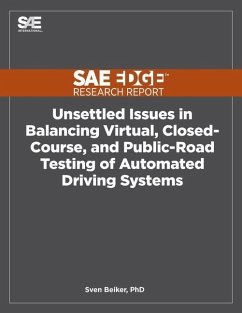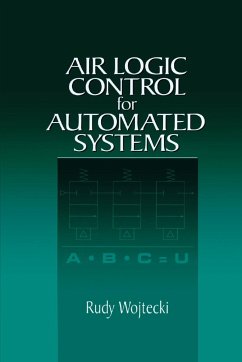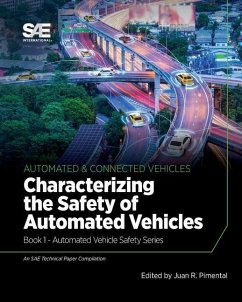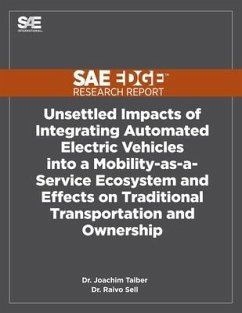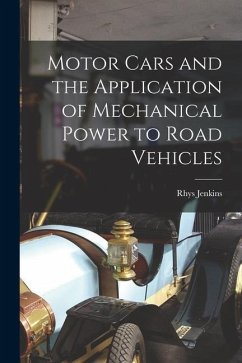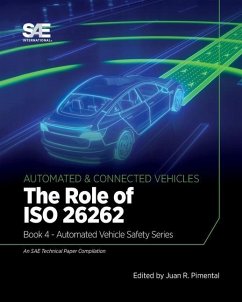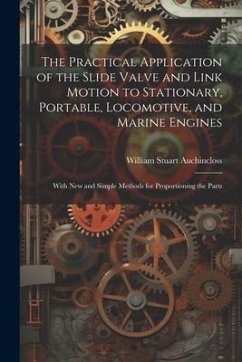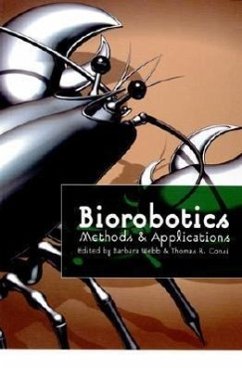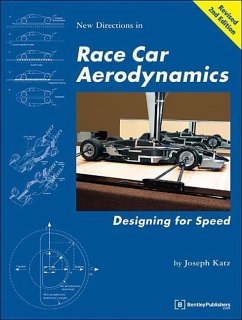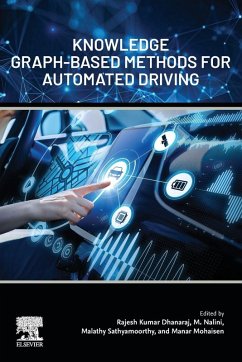
Knowledge Graph-Based Methods for Automated Driving

PAYBACK Punkte
102 °P sammeln!
The global race to develop and deploy automated vehicles is still hindered by significant challenges, with the related complexities requiring multidisciplinary research approaches. Knowledge Graph-Based Methods for Automated Driving offers sought-after, specialized know-how for a wide range of readers both in academia and industry on the use of graphs as knowledge representation techniques which, compared to other relational models, provide a number of advantages for data-driven applications like automated driving tasks. The machine learning pipeline presented in this volume incorporates a var...
The global race to develop and deploy automated vehicles is still hindered by significant challenges, with the related complexities requiring multidisciplinary research approaches. Knowledge Graph-Based Methods for Automated Driving offers sought-after, specialized know-how for a wide range of readers both in academia and industry on the use of graphs as knowledge representation techniques which, compared to other relational models, provide a number of advantages for data-driven applications like automated driving tasks. The machine learning pipeline presented in this volume incorporates a variety of auxiliary information, including logic rules, ontology-informed workflows, simulation outcomes, differential equations, and human input, with the resulting operational framework being more reliable, secure, efficient as well as sustainable. Case studies and other practical discussions exemplify these methods’ promising and exciting prospects for the maturation of scalable solutions with potential to transform transport and logistics worldwide.




